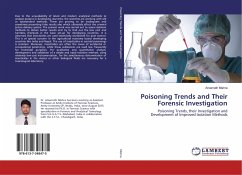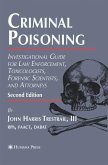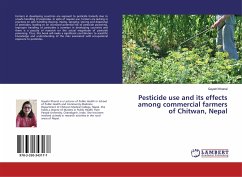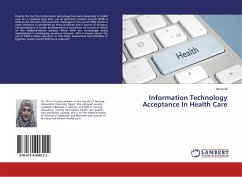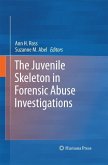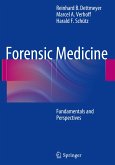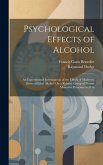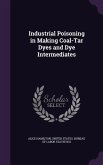Due to the unavailability of latest and modern analytical methods to analyze poisons in developing countries, the scientists are working with old or substandard methods. These are proving to be inadequate and sometimes presenting false results also which ultimately affect the criminal justice delivery system. The present work was carried out to assess isolation methods to obtain better results and try to find out the low cost and harmless chemicals in the basic set-up for developing countries. It is observed that insecticides are used extensively worldwide for pest control. This is of special concern in the agricultural economy based developing countries like India and Nepal. The use of insecticides in suicidal poisonings is common. Moreover, insecticides are often the cause of accidental or occupational poisonings, while these substances are used less frequently for homicidal purposes. For qualitative and quantitative analysis, development and validation of a simple and rapid isolation method, using relatively low-cost instrumentation, for the simultaneous determination of insecticides in the viscera or other biological fluids are necessary for a toxicological laboratory.
Bitte wählen Sie Ihr Anliegen aus.
Rechnungen
Retourenschein anfordern
Bestellstatus
Storno

